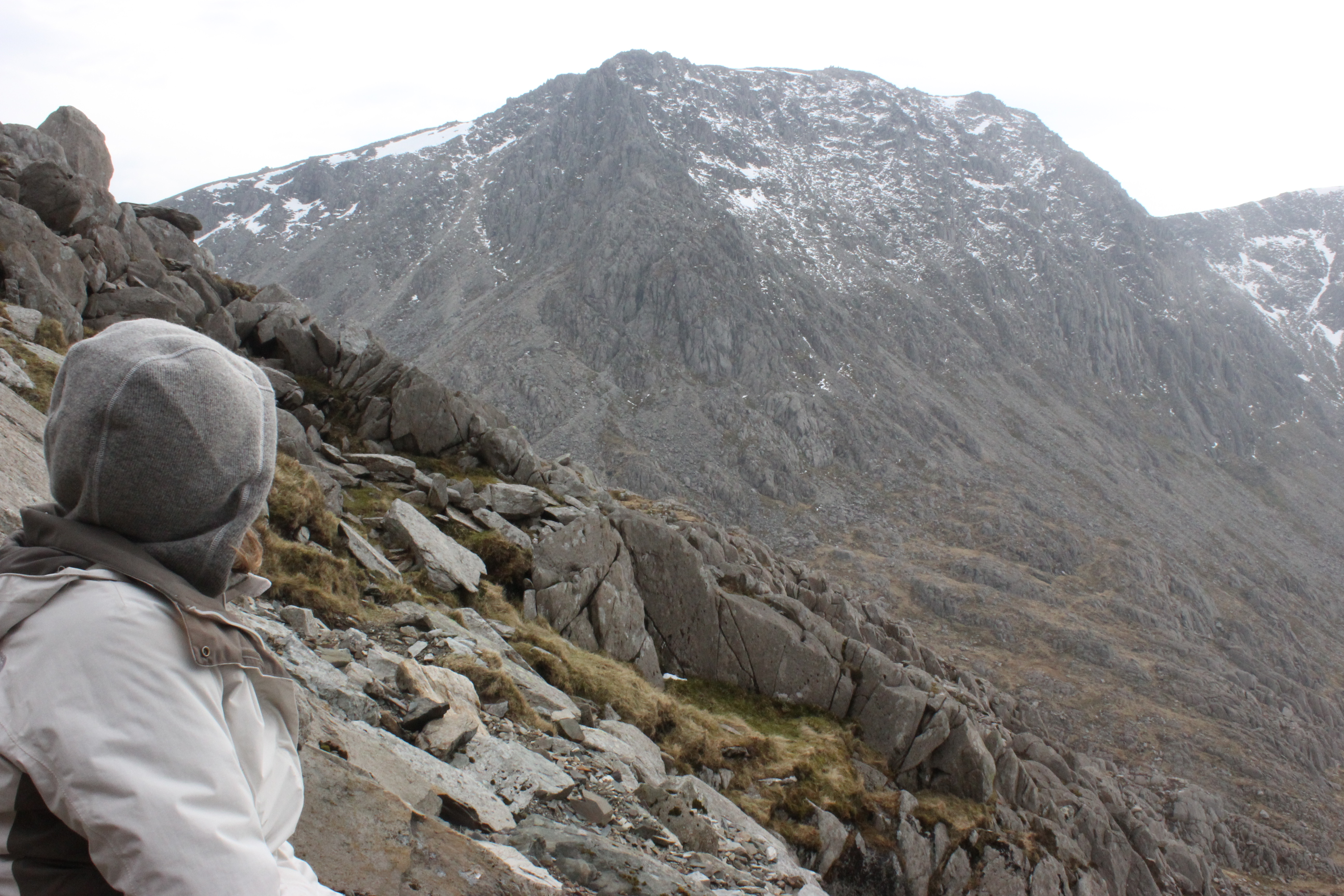When I first saw Thrive Global’s request to write about someone in a leadership role who helped me stay resilient in the face of difficult circumstances, I thought – that’s easy. All good leaders I’ve worked for have helped me stay resilient in tough times. It’s in the dark times we need the brightest light
Then I thought a little harder, “what’s the difference between leaders and good leaders, when it comes to staying resilient. Because only the good leaders have helped me survive the tough times, from when I was 12 until today.
Good leaders help introverts.
A good leader is followed by those she leads. As a third to a half of most teams are introverts, it follows that a good leader understands introversion and works in a way that’s compatible with introverts working well.
At different times introverts and extroverts think differently, in tough times we all need confidence and resilience to keep going.
How good leaders inspire confidence and resilience.
At the tender age of 12 I was sent out across the mountains of North Wales (with friends) on a hike. Equipped with important tools (compass, map) we set out full of cheer. After an hour when the fog descended and we could no longer see our way forward, it was getting tough in the middle of nowhere, then it started to pour with rain and the cheer evaporated!

Having the right tools was essential but being confident in our “inner compasses” as well as the one we used on the map is what got us home. That inner confidence helped us stay resilient in adversity.
We hadn’t just been shown how to use the equipment, we had developed an internal confidence which we could validate and check, because of how we were taught.
Internal confidence
Confidence is important in staying resilient. But there’s confidence and confidence.
Extroverts are often seen as confident, where introverts are seen as shy, timid and lacking confidence. Maybe that’s a reason for extroversion being seen as good and introversion not so.
Confidence is not only about holding your own and being the centre of attention. Many introverts are confident and not all extroverts are confident. Internal confidence is more than being told you’re OK and more than appearing confident, it’s the ability to know you know what to do and that you can do it.
Praising people doesn’t always boost confidence.
Introverts use internal validation a lot more than extroverts and so value external validation less than extroverts. In English, praising introverts is (of course) good, but won’t in itself make them think they did a great job. Good leaders recognise this distinction and help people develop internal confidence.
This internal validation means that many introverts have a confidence that comes from an inner strength, rather than the external appearance of strength.
To help an introvert be more confident means helping them validate themselves. A good leader develops resilience in others by helping them understand what the elements of a great job are and then helping them work out how well they did against those elements. That internal validation will help an introvert’s confidence.
So when we developed our mountain skills we didn’t just get praised for being able to read a map, we understood how good we were at each component part. That’s what gave us the resilience to get home in the mountains.
That’s what all the good leaders I’ve ever worked for have helped me to develop and I hope I’ve inspired in it others.


